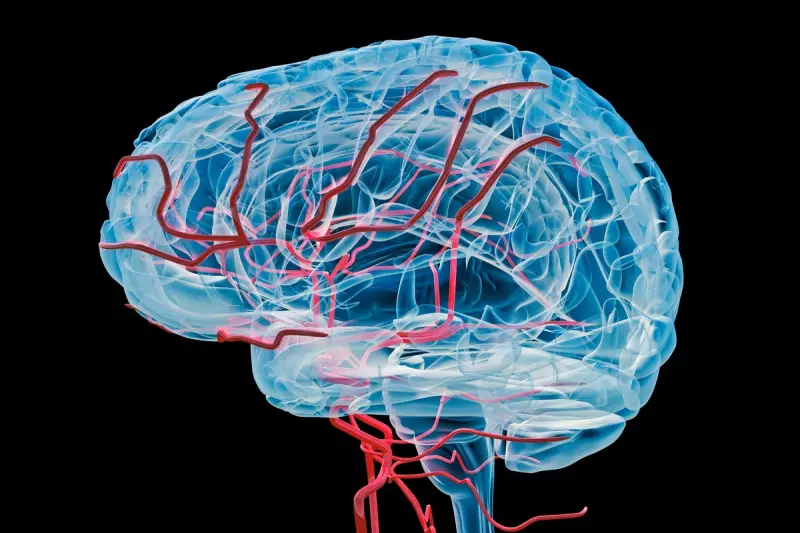
Cambridge researchers have pioneered a revolutionary artificial intelligence system that can predict Alzheimer's disease up to 15 years before symptoms emerge, potentially transforming how we diagnose and treat dementia.
The groundbreaking 'brain mileage' clock, developed by a team at the University of Cambridge, analyses brain scans to measure biological ageing and identify early signs of neurodegeneration that traditional methods miss.
How the Brain Mileage Clock Works
Unlike chronological age, the brain mileage clock assesses biological ageing by examining subtle changes in brain structure and function. The AI system compares an individual's brain scan against a vast database of brain images, identifying patterns indicative of early Alzheimer's pathology.
Professor Zoe Kourtzi, the study's senior author from Cambridge's Department of Psychology, explained: "We've trained the model to recognise very early signs of neurodegeneration that aren't visible to the human eye. It's like having a microscope for brain ageing."
Clinical Trial Breakthrough
In trials involving over 400 participants from the UK-wide PREVENT-Dementia study, the AI model successfully identified:
- High-risk individuals who developed Alzheimer's within 15 years
- Subtle brain changes years before memory problems appeared
- Patients with early-stage dementia with 80% accuracy
The technology could be available in NHS clinics within the next five years, offering hope for earlier interventions and better treatment outcomes.
Transforming Alzheimer's Treatment
Early detection is crucial for Alzheimer's treatment, as current medications are most effective when administered before significant brain damage occurs. The brain mileage clock could enable:
- Earlier access to emerging treatments and clinical trials
- Personalised prevention strategies for at-risk individuals
- More accurate monitoring of treatment effectiveness
- Reduced anxiety through earlier, more precise diagnoses
Professor Kourtzi emphasised: "This isn't about predicting inevitable decline – it's about identifying people who could benefit from early interventions to maintain brain health and potentially prevent dementia."
The research team is now working to make the technology accessible to hospitals nationwide, potentially making routine brain ageing checks as common as cholesterol tests.





